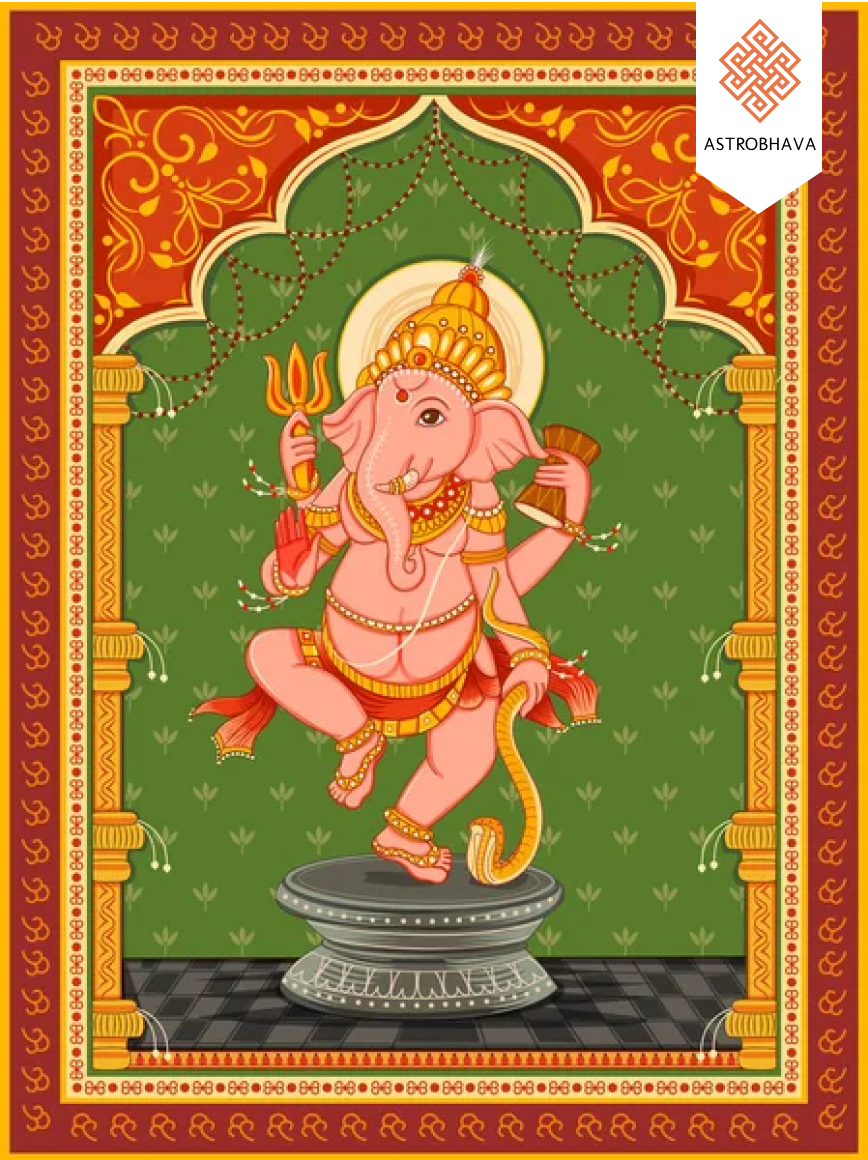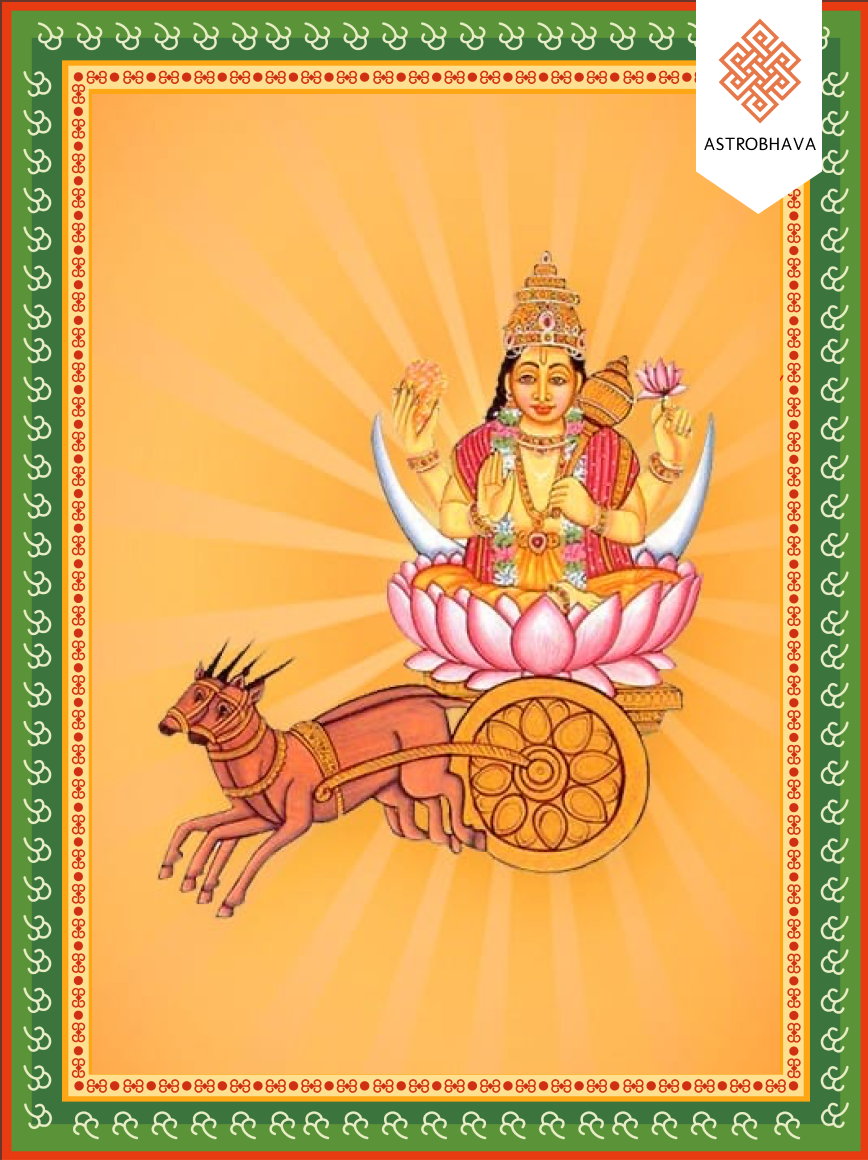Tithi
Tithi: Understanding Its Significance and Practices
Tithi is an integral concept that guides traditional calendars and rituals in the Indian subcontinent. Derived from the Sanskrit term meaning “lunar day,” a Tithi spans the time it takes for the moon to gain approximately 12 degrees in relation to the sun. Tithis mark the various phases of the moon, creating a unique system for time measurement that integrates celestial rhythms with daily life. This intricate alignment with lunar cycles provides a spiritual and practical framework that influences personal activities, religious observances, and social customs.
Defining Tithi and Its Calculation
A Tithi lasts approximately 24 hours but may vary depending on the moon’s position, affecting its observance. Each Tithi starts and ends at distinct times each day, based on the moon’s movement relative to the sun, rather than following the linear 24-hour cycle of a solar day. Calculating a Tithi involves determining the relative angle between the sun and the moon, measured in degrees. As the moon moves through its orbit, each 12-degree shift marks a new Tithi, creating a continuous lunar cycle within each month.
Importance of Tithi in Daily Life
The concept of Tithi holds immense importance, not only for religious ceremonies but also as a spiritual guide in everyday life. By aligning with the lunar calendar, Tithis create a cosmic synchronization that encourages individuals to observe certain activities on days considered auspicious or inauspicious.
- Spiritual Alignment: Observing Tithis helps individuals harmonize their lives with cosmic rhythms, fostering a sense of balance and spiritual fulfillment.
- Guidance for Rituals: Tithis designate auspicious times for ceremonies, including weddings, housewarming ceremonies, and other significant rites. Each Tithi is associated with certain deities and purposes, making the timing of rituals vital to their success.
- Cultural Continuity: Observing Tithis sustains traditions that have been passed down over generations, creating a cultural continuity that enriches community identity and heritage.
- Health and Well-being: Certain Tithis encourage fasting and other observances believed to purify the mind and body, promoting health and spiritual wellness.
- Astrological Influence: Tithis play a role in astrological assessments, influencing a person’s mental and emotional state. The energy of specific Tithis can impact decisions, behaviors, and attitudes, making them crucial in astrology.
Types of Tithis in the Lunar Month
Each lunar month is divided into two fortnights, or Pakshas—the waxing phase (Shukla Paksha) and the waning phase (Krishna Paksha). There are 15 Tithis in each Paksha, making a total of 30 Tithis in a complete lunar cycle.
- Pratipada (1st Tithi): The first day of both Shukla and Krishna Paksha, associated with beginnings, is a suitable day for initiating new endeavors.
- Dwitiya (2nd Tithi): A day often used for gathering materials and consolidating resources; it fosters cooperation and teamwork.
- Tritiya (3rd Tithi): Known for auspicious undertakings, Tritiya is often considered favorable for establishing harmony in relationships.
- Chaturthi (4th Tithi): This Tithi carries obstacles but also offers opportunities for perseverance. Traditionally, it’s a day for Ganesh worship, overcoming challenges.
- Panchami (5th Tithi): Seen as auspicious, this day is favorable for pursuits related to knowledge and wisdom.
- Shashthi (6th Tithi): Associated with protection and health, this Tithi is often used for rituals involving deities connected with protection, such as Kartikeya.
- Saptami (7th Tithi): Aligned with vitality, often observed for health rituals and connecting with the natural world, especially the sun.
- Ashtami (8th Tithi): Known for its fierce energy, Ashtami is often reserved for austerities and worship of fierce deities like Kali or Bhairava.
- Navami (9th Tithi): A day for completing significant tasks, typically observed for Durga worship and overcoming internal struggles.
- Dashami (10th Tithi): Known for victory and success, Dashami is often chosen for concluding efforts and enjoying the rewards of hard work.
- Ekadashi (11th Tithi): This day is dedicated to fasting and spiritual practices, observed twice a month for personal purification and self-restraint.
- Dwadashi (12th Tithi): Often observed after Ekadashi fasts, a day of renewal and nourishment, celebrating the rejuvenation after restraint.
- Trayodashi (13th Tithi): An auspicious day for rites and rituals, often focused on the god Shiva.
- Chaturdashi (14th Tithi): Associated with deeper spiritual practices, a day suitable for penance and austerities.
- Purnima (Full Moon, 15th Tithi of Shukla Paksha): This day marks the full moon and is often associated with abundance, reflection, and fulfillment. Rituals are performed in honor of ancestors and deities.
- Amavasya (New Moon, 15th Tithi of Krishna Paksha): Amavasya, the new moon day, is often seen as a time for introspection, honoring ancestors, and undertaking deep spiritual practices.
Benefits of Tithi Fasting
Observing fasts based on Tithis is a time-honored practice that serves both spiritual and physical purposes. Fasting on specific Tithis is thought to purify the body, enhance mental clarity, and facilitate a deeper connection with one’s inner self and the divine.
- Detoxification and Health Benefits: Fasting gives the digestive system a break, leading to physical detoxification, which can improve metabolism and energy levels.
- Mental Clarity and Focus: Fasting encourages discipline and self-control, enhancing mental clarity and focus, which is beneficial for both spiritual and personal growth.
- Spiritual Growth: Abstaining from food allows individuals to redirect their focus towards spiritual practices, prayer, and introspection.
- Emotional Balance: Tithi fasting is associated with reducing emotional fluctuations, promoting calmness, and reducing stress levels.
- Enhancing Willpower: Regular fasting fosters self-discipline, strengthening resolve and helping individuals overcome desires and attachments.
Frequently Asked Questions on Tithi
1. How is Tithi different from the Gregorian calendar day?
- Tithi is based on the moon’s position relative to the sun and doesn’t align with the solar day structure of the Gregorian calendar. Each Tithi begins and ends at unique times, independent of the 24-hour day cycle, as it depends on the lunar movement.
2. Can a Tithi span over two calendar days?
- Yes, a Tithi can start at any time of the day or night and can span parts of two calendar days due to its dependence on lunar positions rather than fixed clock times.
3. Why do certain festivals fall on different Gregorian dates each year?
- Since Tithis follow the lunar cycle, they don’t align with the solar-based Gregorian calendar, causing festivals that fall on specific Tithis to shift dates annually.
4. How do I observe Tithi fasting?
- Tithi fasting is usually observed from sunrise to the following sunrise. However, specific guidelines for each Tithi can vary, and it is recommended to follow local customs or seek guidance from traditional sources.
5. Which Tithis are most important for fasting?
- Ekadashi, Amavasya, and Purnima are some of the most popular Tithis for fasting, as they hold significant spiritual and health benefits.
6. How can I determine the Tithi of a particular day?
- Tithi calculations are available in traditional Panchangs or lunar calendars. Nowadays, various online platforms and mobile applications also provide Tithi information based on the location and date.
7. Is fasting on Tithi beneficial even if done irregularly?
- Yes, even irregular fasting on specific Tithis, like Ekadashi or Purnima, can provide benefits in terms of health and spiritual well-being.
8. Are Tithi observances relevant in modern times?
- Tithi observances offer a unique way to connect with one’s cultural heritage and natural rhythms, providing spiritual alignment and a sense of purpose that many find beneficial in today’s fast-paced world.
9. Can I eat fruits or light meals during Tithi fasting?
- Depending on the type of fast and personal choice, some individuals consume fruits, milk, or light meals during Tithi fasts, while others prefer a strict water-only fast.
10. How does observing Tithi benefit mental health?
- The discipline involved in Tithi observances can reduce anxiety, cultivate patience, and foster a sense of inner calm, all of which contribute positively to mental health.
Understanding and observing Tithis connects individuals with a larger cosmic rhythm, imparting a sense of peace and purpose aligned with the cycles of nature. Through rituals, fasting, and traditional practices, Tithi observances enable a balanced approach to spiritual and physical well-being, promoting a holistic lifestyle grounded in ancient wisdom.












